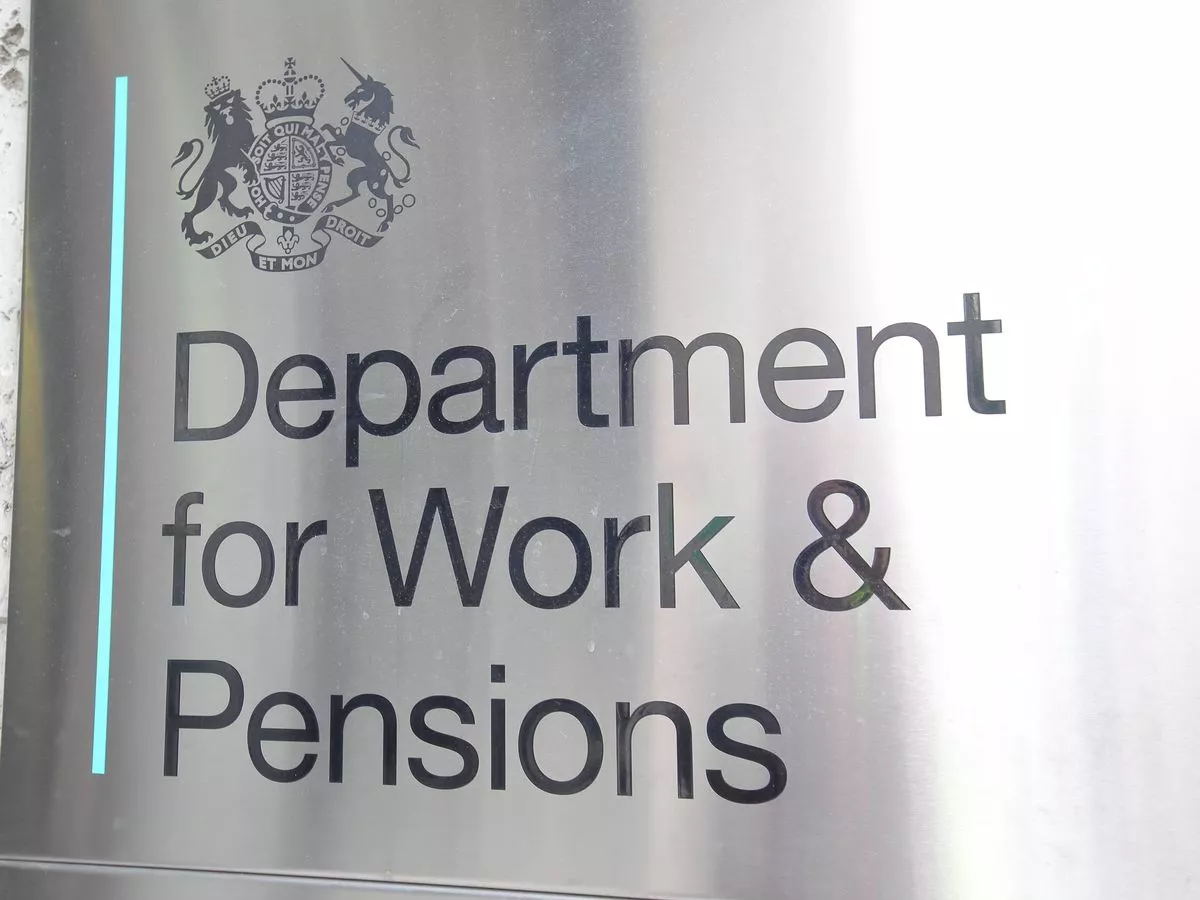By David Bentley Kelly Williams
The Labour Party is facing calls to reassess the welfare system as a series of alternative proposals focusing on employment have been put forward. One such proposal suggests that individuals a pplying for disability benefits should be required to attend a workshop on employability and independence before their claim is approved. The Government’s proposed reforms have been significantly watered down due to amendments aimed at addressing concerns from MPs and campaigners over payment reductions. However, experts argue that there are other options the Government could explore to tackle economic inactivity and encourage more people to return to work. Deven Ghelani, director of Policy in Practice, has outlined a series of recommendations, advocating for “fundamental reforms that make the system work better for ill and disabled people.” Ghelani has expressed uncertainty about the Government’s decision to protect existing benefit claimants while reducing payments for future applicants with the same health needs, reports Birmingham Live . Under Labour’s new legislation, the Universal Credit sickness top-up will remain unchanged for current recipients but will be halved and frozen for new applicants from next April. Existing Personal Independence Payment claimants would have been shielded from stricter eligibility rules, but these proposals have been removed from the Bill, and a comprehensive review of the benefit will be conducted before any new measures are introduced. Mr Ghelani has proposed several alternative solutions. He suggests that the DWP should incorporate new ‘better-off-in-work assessments’ into the claims system for the long-term unemployed, to clearly illustrate the financial benefits of employment. Secondly, he recommends using DWP data on those claiming PIP and the Universal Credit sickness top-up to send text invitations for employment support and social activities. Furthermore, he believes anyone applying for disability benefits should be required to attend an employability and/or independence workshop before they start receiving payments. Mr Ghelani argues that the waiting period before cash support is approved would save money to fund these workshops. He also urges the Government to simplify access to healthcare, such as physiotherapy, and to provide the necessary disability aids and adaptations to keep individuals active. Lastly, he proposes that employers must strive to maintain and enhance the job market through effective management of their existing staff, providing application feedback to all candidates, and offering more work placements to students. He also advocates for schools to actively involve employers and successful former pupils in career guidance initiatives.
